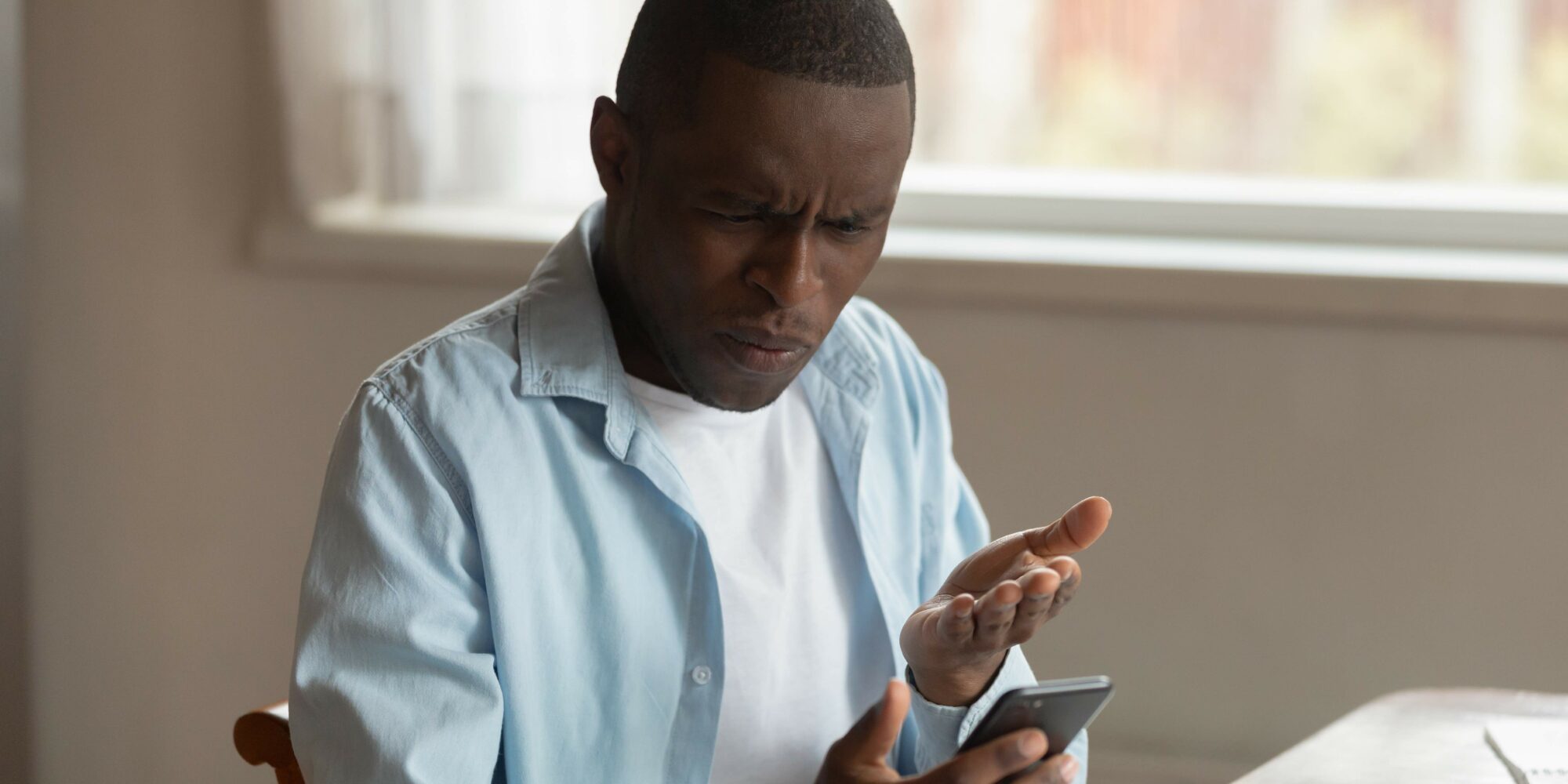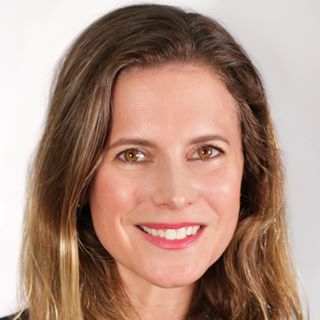
Beauty Brands Are Confronting A Rash Of Pandemic-Related Scams
Small businesses can be susceptible to scammers, an issue Beauty Independent has covered in the past. In this edition of our ongoing series posing questions to beauty entrepreneurs, we ask 11 brand founders and executives: Have you seen an uptick in scammers seeking products since the pandemic hit and, if so, how do you handle it?
- Emma Zwissler Founder, The Sunday Standard
Oh my gosh, yes. I’ve gotten so many, “My sister is a nurse at a COVID floor and I just really want to do something nice for her,” emails. It’s so tough because, if that were truly the case, of course, we would want to support that person, but as it’s become so prevalent, we’ve simply started replying with a polite decline to participate.
I typically remind people of the ways in which we’ve diverted our resources to help our community—for example, we ran a free hand sanitizer program for the first few months of COVID until the need seemed to become less urgent—and say that we are unable to provide specific gifts at this time. We then thank them for their interest in our brand and move along with our day.
- Tiffany Brown Founder, Bathe Brand
We've had several requests for free products in large quantities for frontline workers and hospital charities. Some of them definitely seem shady, but there's not always a way to prove it. So, our typical response is one of gratitude for essential and frontline workers, and a gentle reminder that we are a small business also facing the effects of COVID and simply can't accommodate the request.
- Michelle Scheumesiter Founder, PhilanthroBee
We have received some emails from scammers asking for money, and we responded back with a cheeky kind of response: "Sorry, we don't have money right now, let us know if you find any and who we can reach out to." Unfortunately, we never received any responses from our response, so we were not able to find additional "free" money.
- Jessica Busick Marketing Manager, Soapbox
Luckily, we have not seen a huge influx of scammers since COVID. We did have a run-in with one who was attempting to put in a sizable PO for hand sanitizer, and they presented themselves as associated with a university, but, after some digging our team found them to be frauds and reported them to the government and the university they posed themselves to be affiliated with.
- MURPHY BISHOP II Co-Founder, The Better Skin Co.
For us, the answer is yes. For a solid month, we got requests every day from alleged “first responders” asking for free product for their wing at the hospital or nursing home. They typically included their place of employment and title. This was easy to check. We could easily check LinkedIn, call the facility or simply search the web by name and title. We suspect that 90% of the requests were fake. We implemented a standard response that offered them a generous discount code. We did donate. We gave to first responders directly connected to our customers, our staff or to our third party vendors.
- SELMIN KARATAS Co-Founder and CEO, Kazani
Yes, I have seen an uptick in scammers seeking product requests since COVID that come through my emails and also on blog post comments. For those who write via email and indicate they are from a large company, I look at their emails and do some background searches. Once I understand it is a scam, I kindly write them a letter to address the issue.
- TORI BODIN Founder, Dazey CBD
We have received a number of requests for CBD for frontline workers, but it can be hard to know if the requests are genuine or not. We were able to verify a few requests by reviewing their Instagram pages and gifted smaller quantities of products, but we focused most of our energy when the pandemic first began to launching our affiliate program, which allows customers to earn cash for referred sales, and donating 10% of our April sales to the Seattle Foundation's COVID-19 Response Fund. Since then, we've been working on a larger initiative to give back that will be announced soon.
- Anne Cheatham Co-Founder and CFO, Nuele
As I think any company can tell you, product requests come frequently like busses when you’ve been waiting for a while! We are grateful to the lovely people who want to try our product and, up until recently, we rarely saw a fake request.
But, as a small company, we must be conscious of the requests that we accept and even more so since the pandemic started. We’ve seen an absolute uptick in fake product requests in the past six months. In fact, we’ve had more during this time than since the day we started up until COVID hit. We’re fortunate to have a PR team to help us field these requests. If it doesn’t come directly via those guys or a verbal conversation with one of our direct team members, we typically won’t send our product out.
- Kayleigh Christina Co-Founder and COO, CLEARstem Skincare
In reference to social media, there will always be people who want to receive free products. As founders and leaders, it's our responsibility to not only educate ourselves, but also our social team to be able to recognize who is best to send products to. As a brand, we look for people who have built a community, offer value and align with our brand mission.
- Elin Dannerstedt Co-Founder, NCLA Beauty
While we have not seen an uptick in fake PR due to COVID, we receive dozens of PR requests a day. These requests range from magazines to influencers. We have a fairly strict protocol on PR requests and limited quantities on how many samples we can send.
- Chelsi Oestreich Co-Founder, Chief Marketing Officer, Kinkō
There have definitely been more requests for products. We review each one and decide which ones make sense for our brand. The obvious scammers are an easy pass.
If you have a question you’d like Beauty Independent to ask beauty entrepreneurs, please send it to editor@beautyindependent.com.






Leave a Reply
You must be logged in to post a comment.